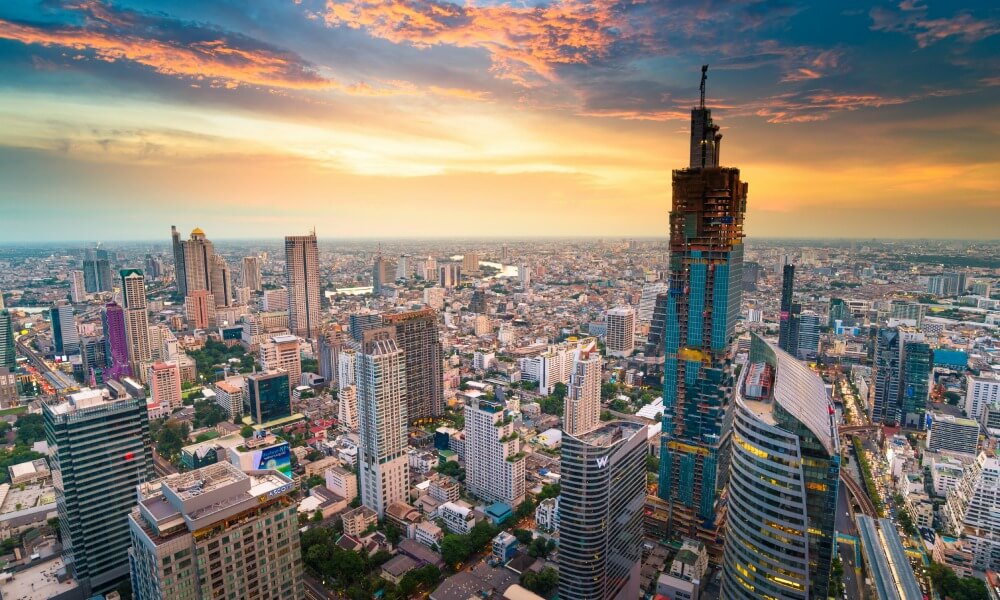Digesting the Hamburger Crisis
 The Thai media was making a fairly unsubtle point when it labeled the current slowdown the ‘Hamburger Crisis‘: this time the Kingdom is taking no portion of the blame but the West is due a hefty slice of humble pie.
The Thai media was making a fairly unsubtle point when it labeled the current slowdown the ‘Hamburger Crisis‘: this time the Kingdom is taking no portion of the blame but the West is due a hefty slice of humble pie.
Memories of the ‘Tom Yum Kung‘ crisis (named after a Thai soup) sharpen the taste of schadenfreude.
In the aftermath of the collapse of Asian markets in 1997, the Western-dominated IMF played know-it-all, imposing strict financial discipline in return for shouldering the Thai economy back on track.
But Thais are also observing the West digest the aftermath of its reckless financial splurging with the alarm of a nation that has been through it all already.
Could Thailand be facing another collapse of the scale of 1997, this time through no fault of its own?
Fortunately, on this the experts speak pretty much with one voice. In global classifications of economic appeal, Thailand is consistently placed in the top ranks.
Singapore’s OCBC bank, for instance, puts the country in eighth position in its top ten economies set for a rebound.
In this case, like the flu, an earlier infection has given immunity. While the IMF was slammed at the time for its tough medicine, it left the country in robust shape.
By 2001, Thailand’s economy had recovered. Increased tax revenues enabled the country to balance its budget and repay its debts to the IMF in 2003, four years ahead of schedule.
















